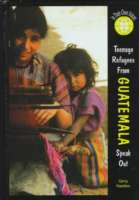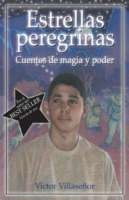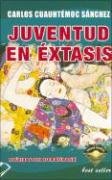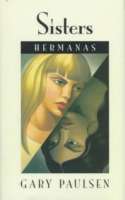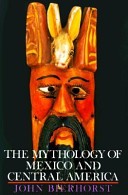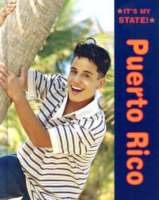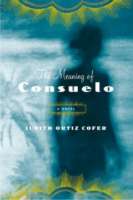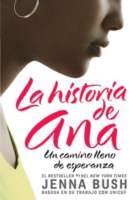
La historia de Ana comienza el día en que nació afectada con el VIH, virus que le transmitió su joven madre, quien muere pocos años después. Desde entonces, la infancia de Ana es una maraña de secretos—secretos sobre su enfermedad, su familia y los abusos que ha sufrido—. Arrastrada de una casa a otra, difícilmente encuentra seguridad o aceptación. Mas cuando se enamora y se embaraza a los diecisiete años, inicia una jornada que la conducirá a un nuevo comienzo, nuevas penas y una nueva esperanza.
Basada en su trabajo con UNICEF e inspirada en la vida de una chica que conoció personalmente, Jenna Bush narra la historia de muchos niños del mundo que viven marginados y excluidos de lo más elemental: cuidado, apoyo y educación. Al final del libro encontrarás una serie de recursos que te indican cómo puedes ayudar a cambiar la situación de niños como Ana y cómo puedes protegerte a ti y a los demás.

